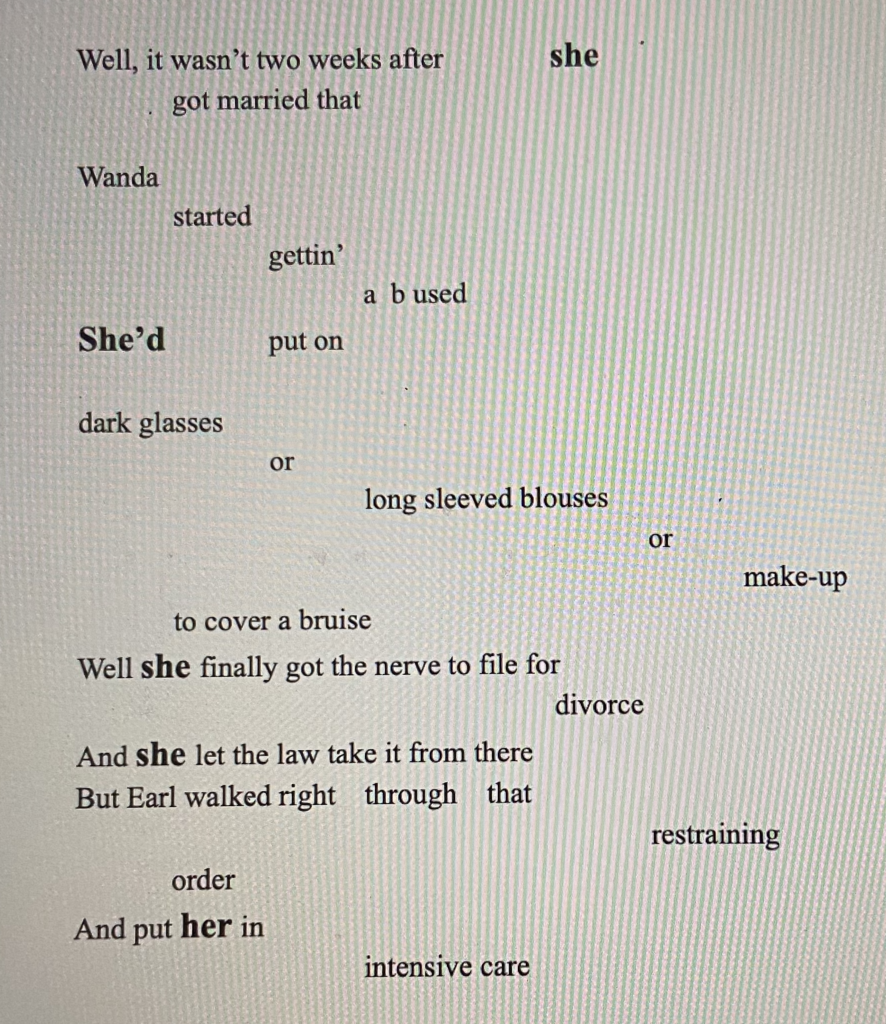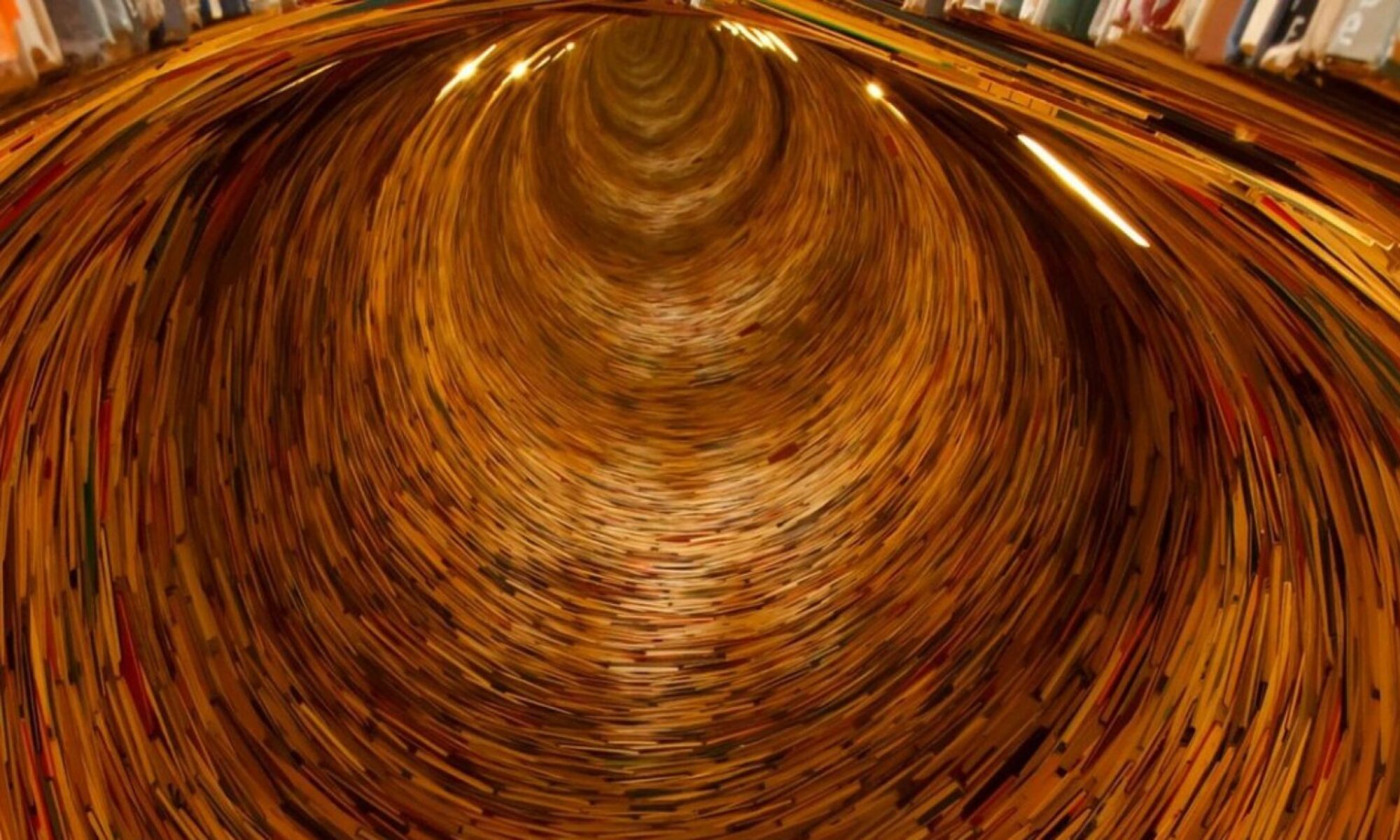Sydney Smith
Throughout the memoir The Woman Warrior: Memoirs of a Girlhood Among Ghosts by Maxine Hong Kingston, we frequently hear Kingston and Kingston’s mother refer to different people and characters as ghosts. Afterall, this memoir is about a ‘Girlhood Among Ghosts’. Throughout the memoir, Kingston never specifically tells us as readers who the ghosts are. In the final chapter, A Song for a Barbarian Reed Pipe, Kingston alludes to the ghosts as people who are not Chinese or who do not understand Chinese culture, making Kingston and her family feel like outcasts in America.
During the final chapter, Kingston alludes to the ghosts as being different from her while talking about some of her classmates. Kingston writes, “I liked the Negro students (Black Ghosts)” (Kingston, 166). This shows us that Kingston is refers to ghosts as people based off of the color of their skin color. Kingston and her mother also allude to the ghosts as people who are not Chinese by separating and comparing themselves to the ghosts. In the final chapter after talking about her Hawaiian teacher, Kingston writes, “My mother says that we, like the ghosts, have no memories” (Kingston, 167). By distinguishing that Kingston and her family are separate from the ghosts, this could imply that the ghosts are not Chinese like Kingston and her family. Kingston also reveals to us in the final chapter that she didn’t go to school with many other Chinese children. She refers to her classmates as ghosts too as she writes about a time when she was playing basketball. She says, “Suddenly it would occur to me that I hadn’t memorized which ghosts were on my team and which were on the other” (Kingston, 173). This further implies to us that since we know not many of Kingston’s classmates are Chinese, we can assume that the ghosts Kingston refers to in this memory, are not Chinese. Kingston’s mother even refers to people as half ghosts when describing who won’t marry Kingston. She says, “Even the fool half ghosts won’t have her” (Kingston, 192). We can infer from Kingston’s mother referring to people as half ghosts, that the ghosts could only be part Chinese or not fully understanding of Chinese culture since Kingston’s mother only wanted her to marry someone who was Chinese. Kingston’s mother even thinks of her own children as ghost-like since they were not born in China and do not practice all of the traditions and customs many Chinese follow. Kingston says, “They would not tell us children because we had been born amongst ghosts, were taught by ghosts, and were ourselves ghost-like. They called us a kind of ghost” (Kingston 183). Kingston’s mother referring to her own children as ghost-like suggests to us that the ghosts are people who are not Chinese or who don’t fully understand the Chinese traditions/culture.
In addition to the fact that Kingston alludes to the ghosts she refers to as not being Chinese or of Chinese understanding culture, we can see that Kingston and her family feel like outcasts in America by the ghosts. Kingston’s mother says, “Things are different here in the ghost country” (Kingston, 164). This alludes to the fact that Kingston’s mother feels as though they live in a country surrounded by people (ghosts) who aren’t Chinese or of Chinese understanding culture. Kingston refers to another story about feeling like an outcast when talking about the “Druggist Ghosts” who didn’t understand what Kingston was saying while she talked to them (Kingston, 171). Kingston writes, “But I knew they did not understand. They thought we were beggars without a home who lived in back of the laundry. They felt sorry for us” (Kingston 171). Kingston and her family constantly ran into communication barriers during her childhood which caused her and her family to feel even more like outcasts while living in America. Kingston even talks about how she felt the need to be silent because of how she talks. She says, “I knew the silence had to do with being a Chinese girl” (Kingston 166). Furthermore, Kingston grew up having to keep secrets from the “ghosts”, making her feel even more like an outcast. While in school, Kingston talks about how, “There were secrets never to be said in front of the ghosts, immigration secrets that could get us sent back to China” (Kingston, 183). We can see that Kingston feels even more like an outcast because of the different secrets she had to keep from others about her cultural background and life.
Discussion Questions:
- Do you think that the ghosts Kingston refers to could represent something other than non-Chinese or people of non-Chinese understanding culture?
- Do you think that by Kingston being silent, this was her way of assimilating into American culture more?
Kingston, Maxine Hong. The Woman Warrior. Vintage International, 1976.

